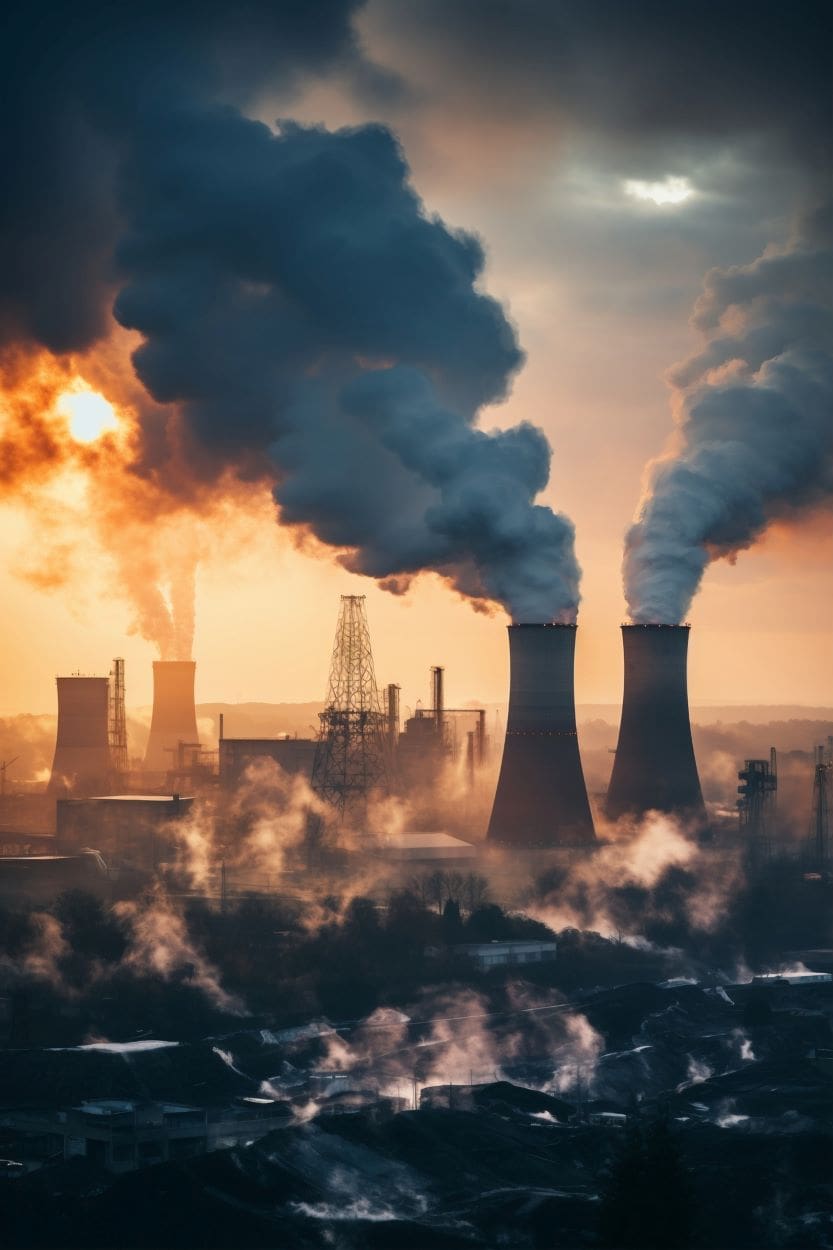New data from the nonpartisan Rhodium Group reveals that the United States witnessed a notable decline of nearly 2% in planet-warming pollution in 2023, despite a growing economy. Analysts attribute this decrease primarily to the retirement of coal-fired power plants, pushing the country’s climate pollution to its lowest level since 1991, according to Rhodium Group’s Ben King.
While this reduction is a positive step, King emphasizes that it falls short of President Joe Biden’s ambitious goal of cutting emissions in half by the end of the decade. To meet this target, the current rate of reduction would need to triple, reaching approximately 7% reductions per year.
Achieving this requires a substantial increase in wind, solar, nuclear, and other zero-emission energy sources contributing to the electricity grid. Additionally, it demands a surge in electric or zero-emission fuel-powered vehicles on the roads and substantial emission cuts from heavy industries like steel, cement, and chemical manufacturing.
King stated: “It’s good to see emissions moving in this direction, but more work is needed to keep the US on track for its Paris goals.”
The data highlights that the reduction in coal energy has played a significant role in lowering climate pollution. In contrast to China, where new coal plants are still being constructed, the U.S. has seen a decline in coal’s influence on power generation. Aging and costly power plants from the 1970s and 1980s are being retired by many utilities, leading to a structural decline in coal in the power sector.
Rhodium’s data indicates that the simultaneous reduction of emissions and economic growth is achievable, especially with substantial tax subsidies for clean energy provided by the Inflation Reduction Act (IRA). While the 2023 data did not fully consider the IRA’s impact on the electric vehicle (EV) and clean energy industries, King emphasized that the IRA contributes to making the economic case for clean energy technologies.
The Rhodium analyst also acknowledged existing barriers, such as streamlining energy permitting processes and expanding EV charging infrastructure. However, with the cost-effectiveness facilitated by the IRA, the foundation for significant decarbonization exists, according to King.
As the U.S. works towards achieving its climate goals, King anticipates that the 2024 election outcome will play a crucial role in shaping the country’s future targets. The nation will need to update its emission reduction targets next year, and the commitment to steeply cut emissions remains a central focus in the ongoing battle against climate change.
Source: CNN
Featured image credit: Freepik




